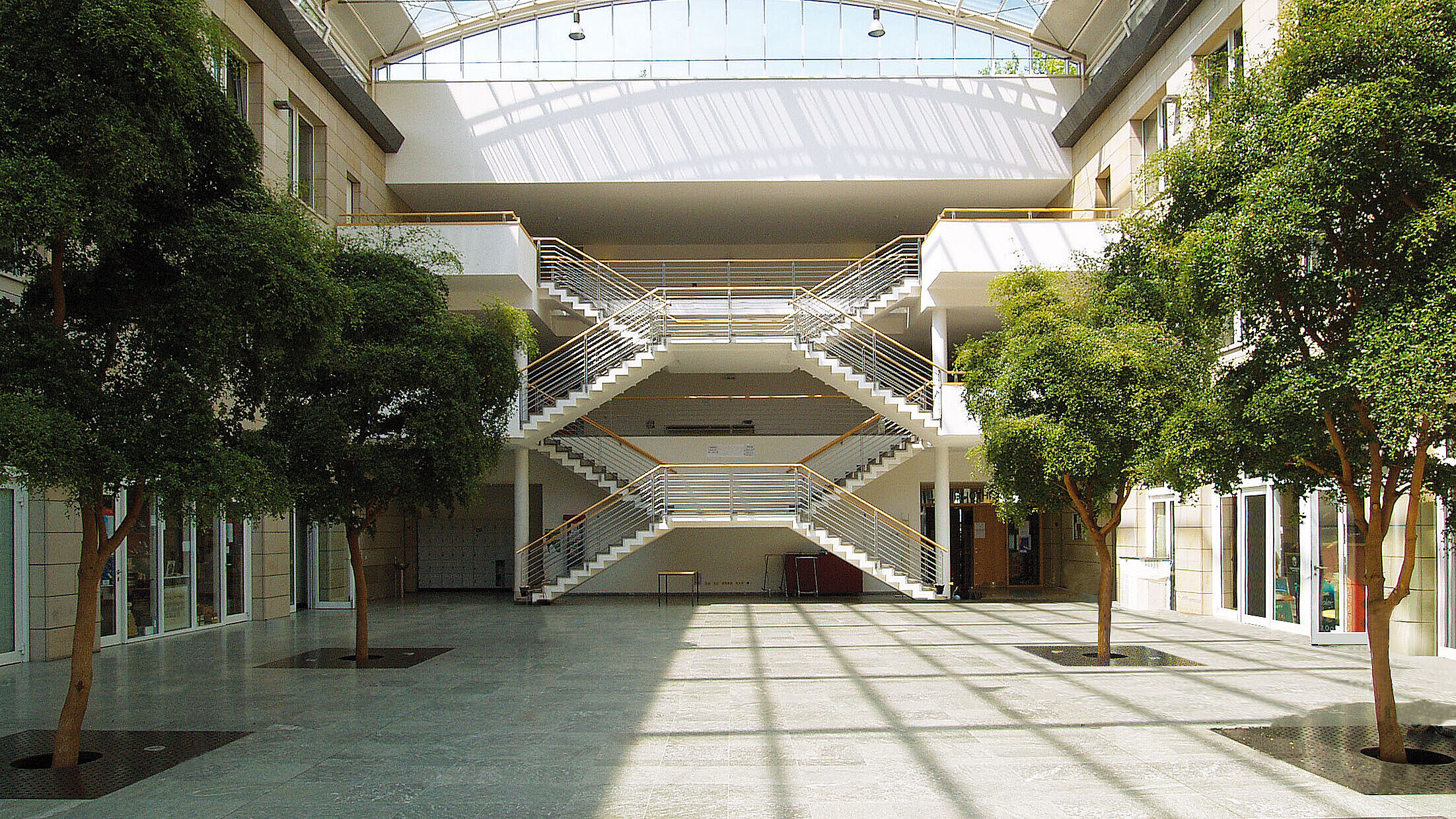
Saxon Academy of Sciences and Humanities in Leipzig
founded in 1846
Since its founding as the Royal Saxon Society of Sciences in 1846, the Saxon Academy of Sciences and Humanities in Leipzig considers it its duty to follow in the tradition of the academy spirit shaped by Leibniz. As a scholarly society it brings together leading researchers from diverse disciplines for regular discourse and engages in long-term research in the regions of Saxon, Saxon-Anhalt and Thuringia.
At present, there are over 20 projects run by the academy, many in close cooperation with universities, institutions of higher education and non-university research organisations. The production of concise scientific dictionaries has a long tradition at the Saxon Academy, which means that there are voluminous collections of material which are dealt with in accordance with modern philological methods, then summarized in databases and finally are printed. Other focal points of the research done in this academy include history, regional studies and the production of commented editions of works and letters. Projects concerning the history of science and the history of ideas span across all three classes and extend to other academies of sciences.
In order to support young scientist more strongly the Saxon Academy of Sciences and Humanities in Leipzig has founded the Young Forum.
The Saxon Academy of Sciences and Humanities in Leipzig has founded the Young Forum in order to more strongly support young scientists in Central Germany and to involve them in the academic discourse. In this forum, excellent young scientists have the possibility to contribute to the academic dialogue, to build interdisciplinary networks with other young scientists in Central Germany and to participate in shaping the Academies Programme.
In various series of events, experts from science and politics are invited to contribute to debates on current societal subjects and on various subjects of science policy – a dialogue across disciplines which is then continued in the Academy’s journal “Denkströme”.
Secretaries
Prof. Dr. Michael Göttfert
Section Mathematics and Natural Sciences
Molecular Genetics
Vice Secretary:
Prof. Dr. Manfred Wendisch
Meteorology
Prof. Dr. Armin Kohnle
Section Philology and History
Church History
Vice Secretary:
Prof. Dr. Sabine Griese
German Medieval Studies
Prof. Dr. Martin Bertau
Section Technical Sciences
Technical Chemistry
Vice Secretary:
Prof. Dr. Michael Scheffler
Chemistry







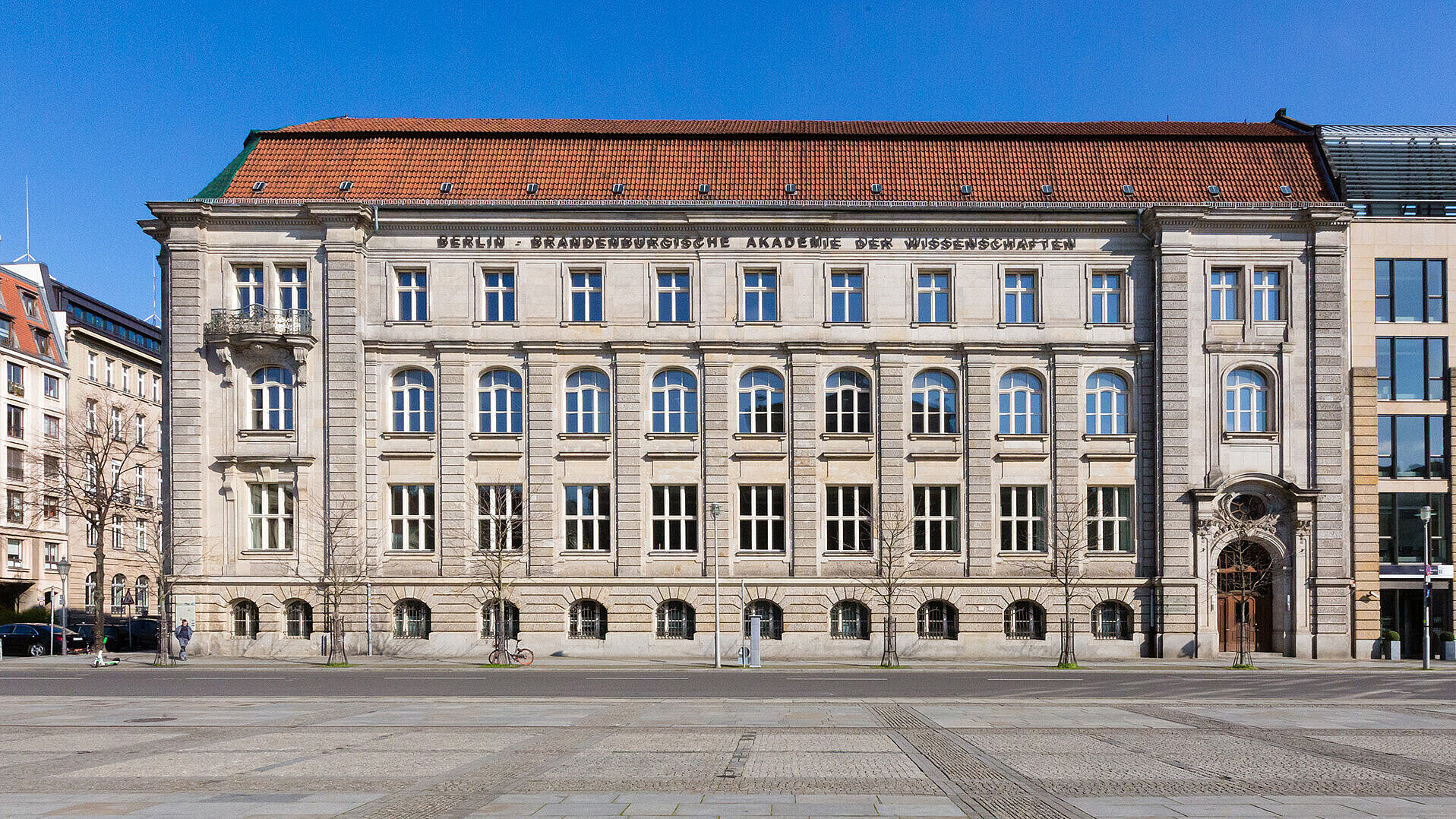

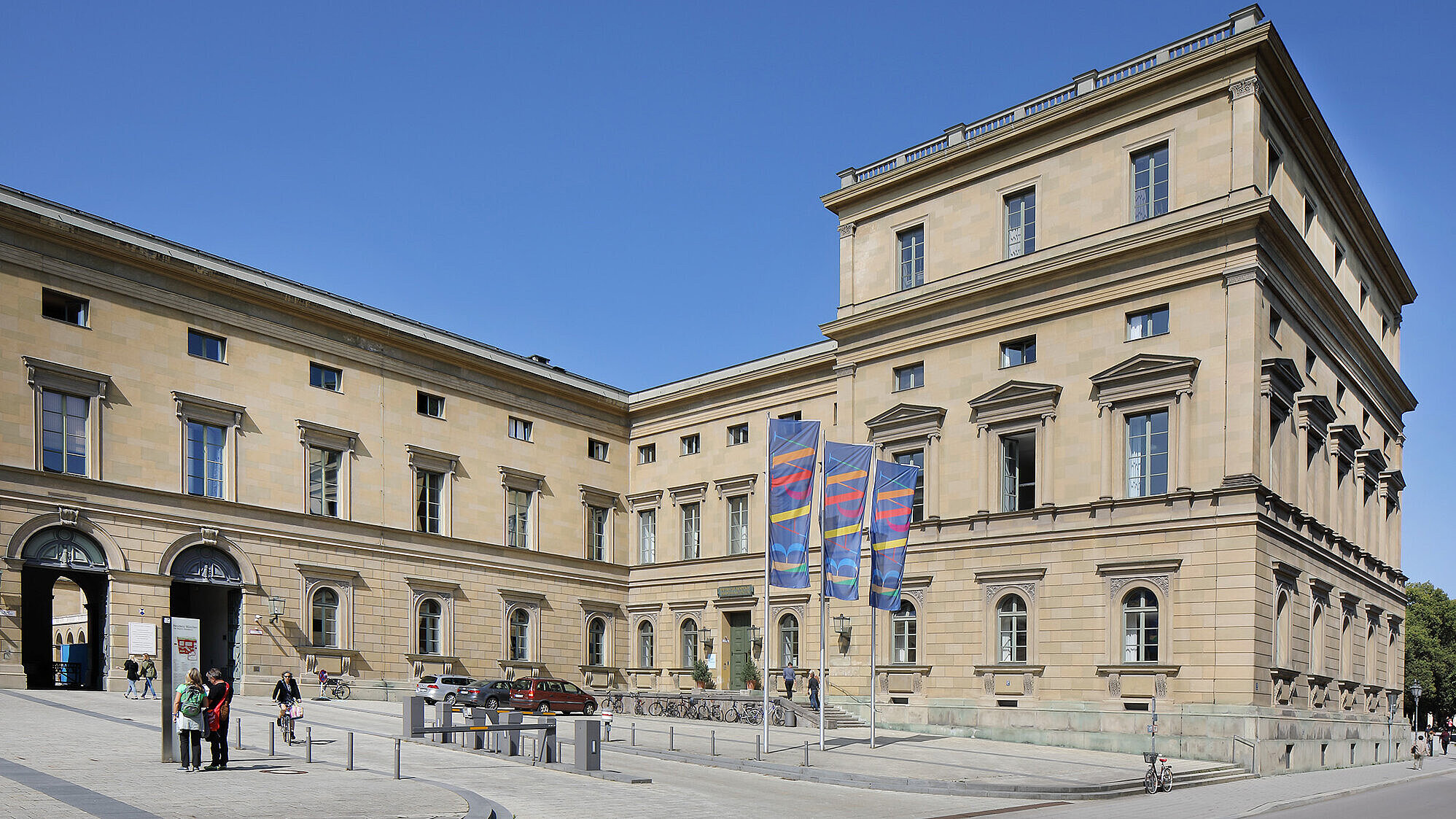
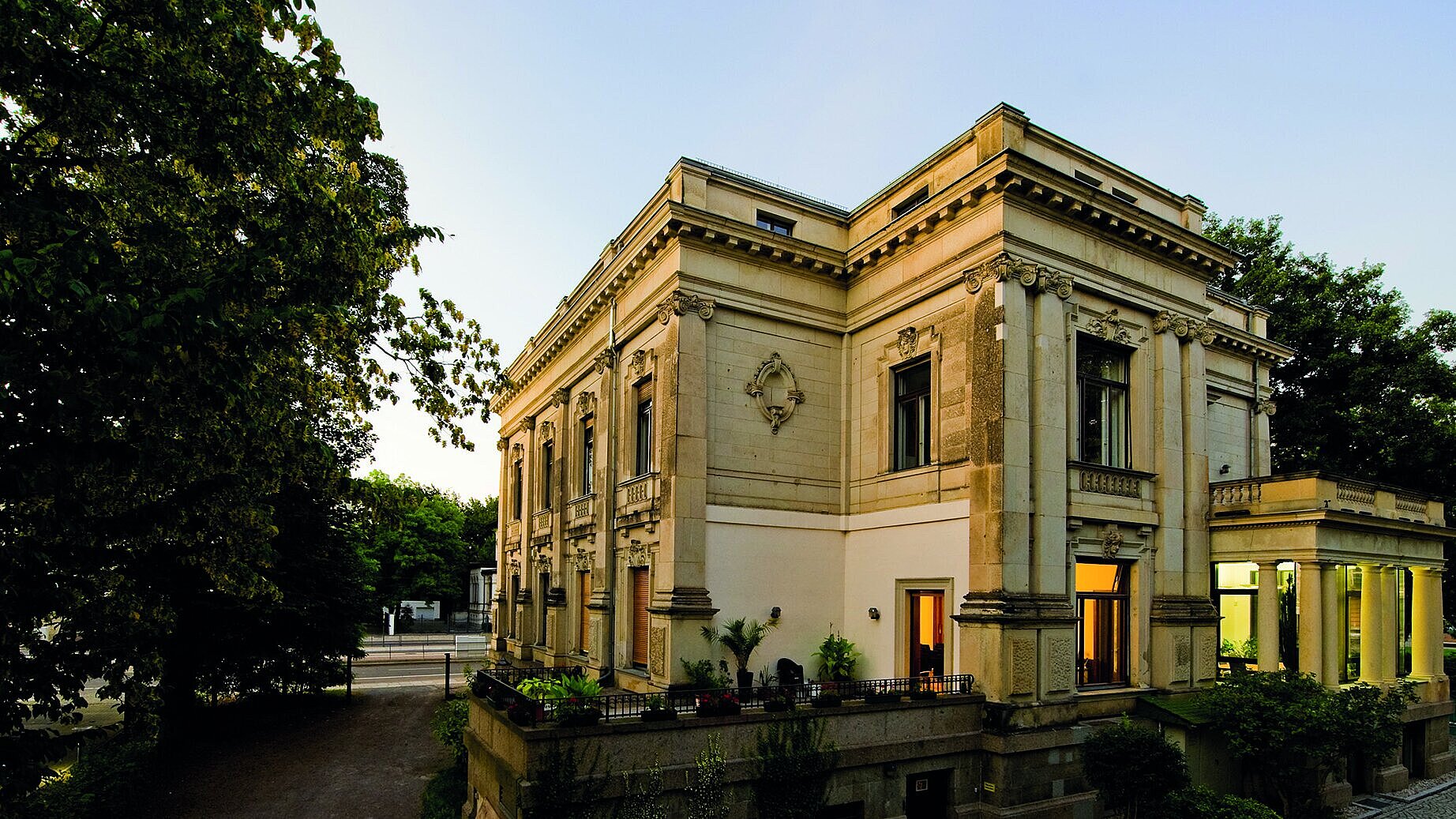
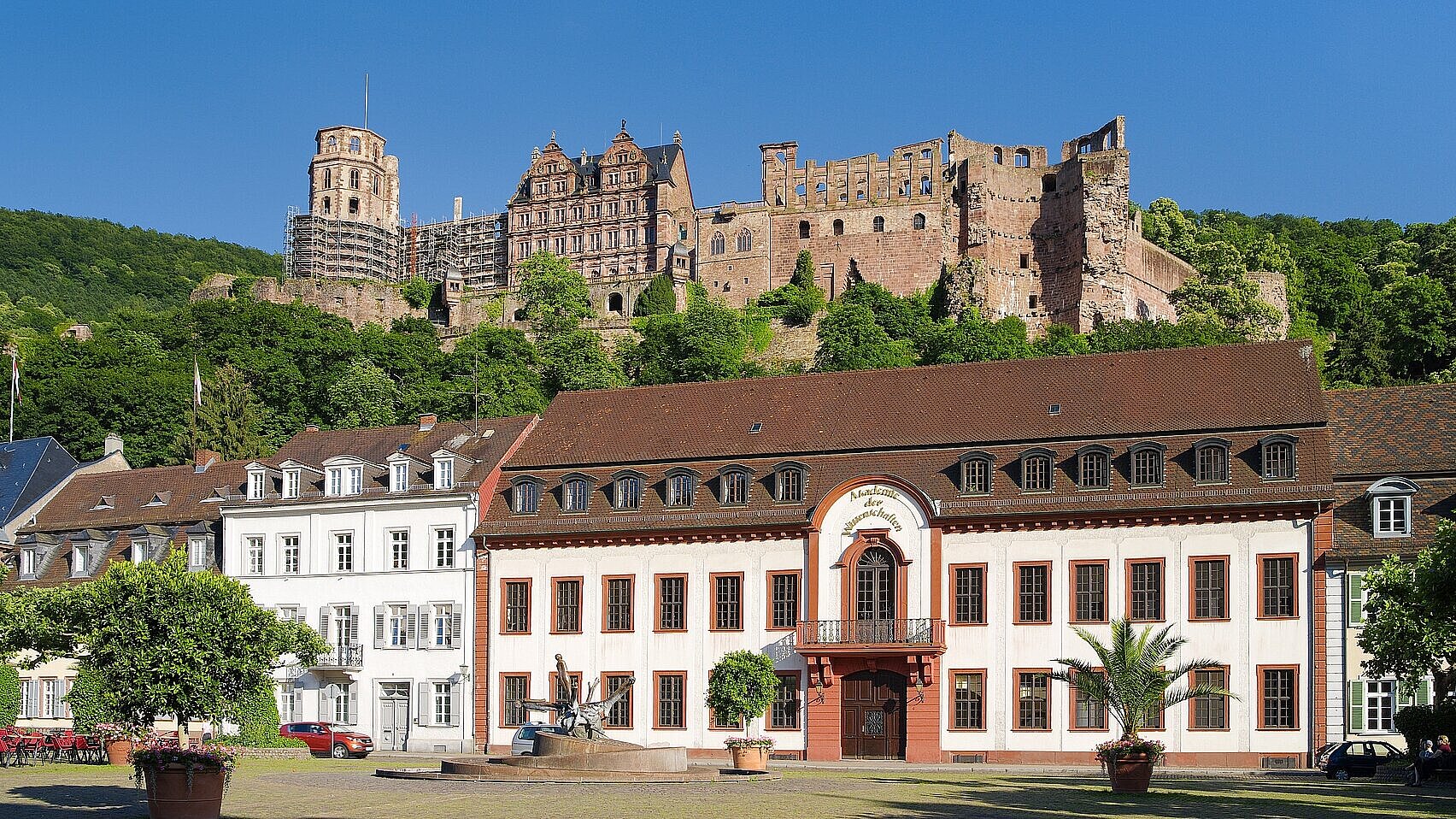
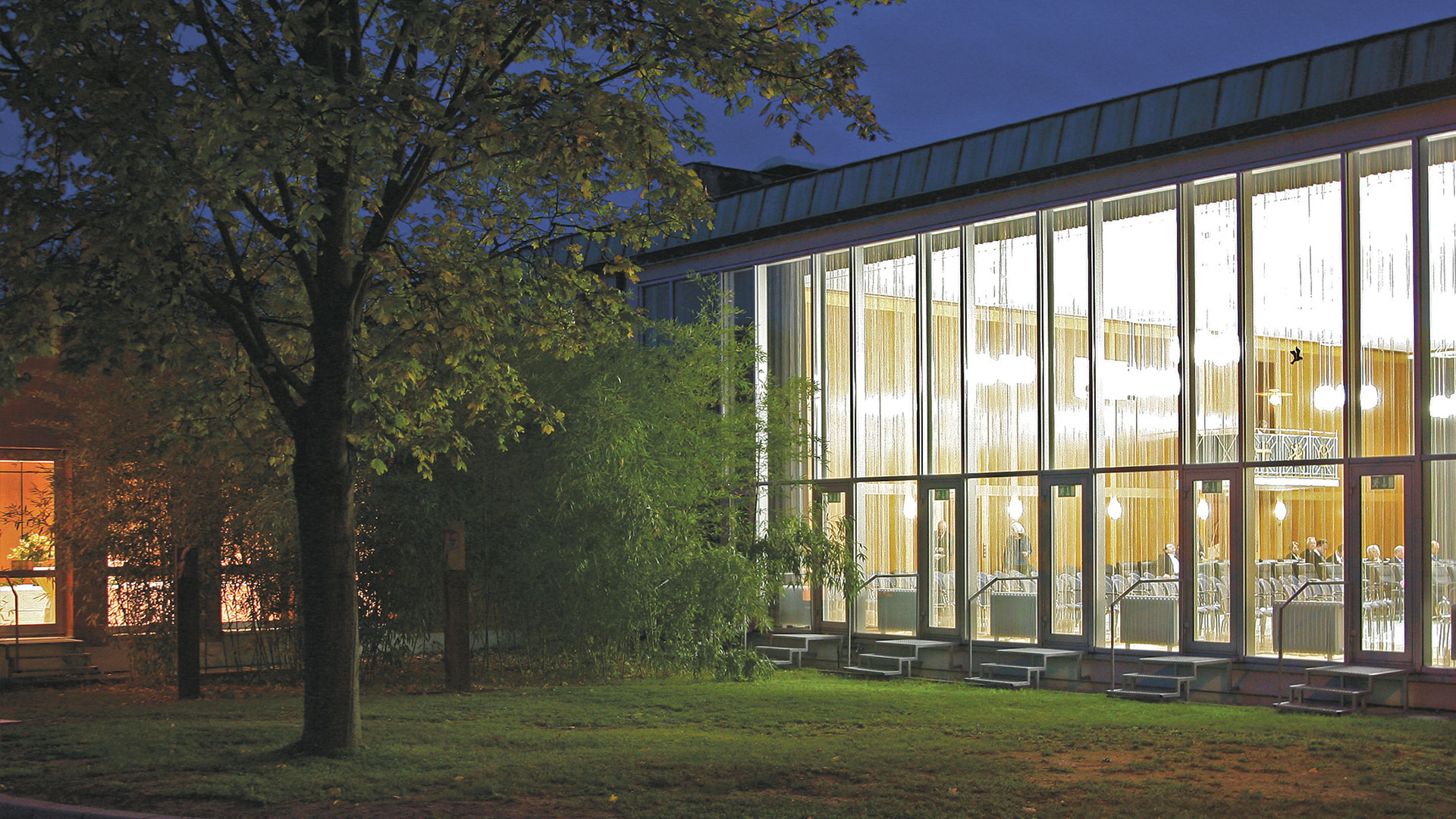
![[Translate to English:] [Translate to English:]](/fileadmin/_processed_/8/b/csm_Akademie_NRW_Copyright_Akademie_NRW_Andreas_Endermann_58ff920ae7.jpg)
